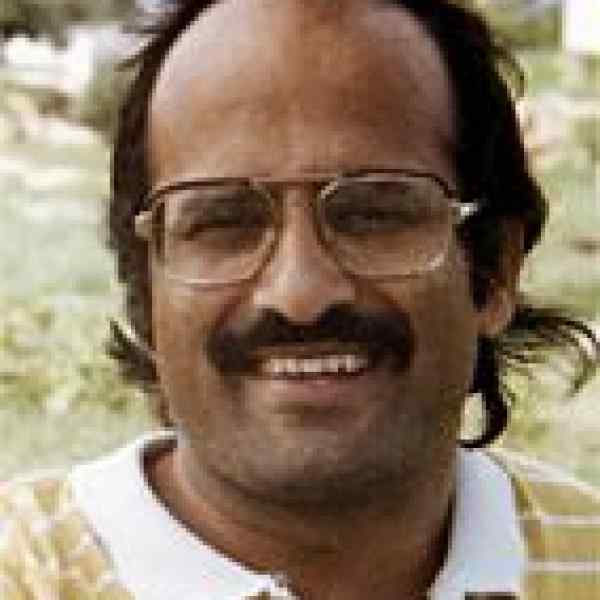Introduction
Andreas D'Souza is demonstrating methods that he hopes will enable a national movement of organized grassroots reconciliation between India's religions, especially Hinduism and Islam, to take hold.
The New Idea
India's independence was scarred by a cataclysm of religious hatred, killing, and the two-way flight of millions of refugees. Periodically, this fever recurs on a large scale, most recently in 1990. Each eruption destroys countless lives and hopes, and leaves the country deeply riven.Andreas, responding to the 1990 terror in Hyderabad, launched a program designed to build community level antidotes to such contagions when they sweep through the streets like a sudden sandstorm. He invites respected young leaders from nearby neighborhoods to joint training, typically in free space in a neighborhood hotel. They learn how to spot and shoot down false inflammatory rumors before they can set the community afire. There is usually no time for any outside force, be it government or Gandhian, to respond. Even if there were, they would not know the community nervous system well enough to know quickly where or how to intervene efficiently.At his training, Andreas does more than teach tactics. He tries to get leaders of one faith to learn at least a little about the others, both to reduce these leaders' own stereotypes and to arm them to explain into perspective common sources of misunderstanding.As important, these sessions try to get the leaders to know and respect one another. Such ties, especially nurtured over time, open trust lines of communications across the chasms of fear that suddenly yawn open when intercommunity tensions start building.
The Problem
Age-old angers and prejudices, boredom, fear, and, allegedly, the instigation of cynical politicians: when they mix together, people become mobs and communities nightmares.
A vignette from Ahredabad from 1990 gives a glimpse of how it works. A leading community organizer and architect walking through his high-rise office overheard several of his firm's younger architects planning to burn the Muslim shoe shop on the ground floor of that office building. "Why?" he asked. They answered, "Because they [Muslims] are burning our [Hindus] shops." Later a mob came to his new, suburban, middle-class development and gutted and burned the home of a Muslim neighbor married to a Hindu who just escaped in time to save his life.
The conflagration spreads more rapidly, and is more devastating still in the densely packed, flimsy slums.
The Strategy
Andreas knows antidotes are not enough. He is also trying to demonstrate effective prevention. Andreas recognizes that most people want to end communal strife and are looking for a way to contribute. He effectively brings these people together by concentrating on practical ventures. Whether it is improving community housing, cleaning and re-routing a drain, or training young men or women in marketable skills, Andreas finds forums for talking about inter-religious cooperation in the very places where even communication has collapsed. As local leaders succeed together on these projects, they are building the trust that will later help them deal with crises. The technical training helps, but the trust is vital.
In concentrating first on demonstrating a few local successes, Andreas will build a base for a national movement. Andreas and the leaders that emerge from these projects will spread the message to other community leaders. Says Andreas, "That is primarily what I want to give to people: the idea, our story, our experiences both good and bad."
The Person
Since his youth, Andreas has played the role of peacemaker and dispute resolver. His interest in religion not only led him to become a pastor, it led him to try to understand and reconcile the deepest division for Christians - that with Islam.
He has worked to get the church out of its hunkered-down, defensive, minority mentality in India and to reach out to Islam. He has traveled widely, lecturing at many institutions and persistently trying to get Christians to reach out and make spiritual peace with Islam.
Responding to India's deep and broader fever, he is now trying to do on a large stage what he wrote about earlier.
